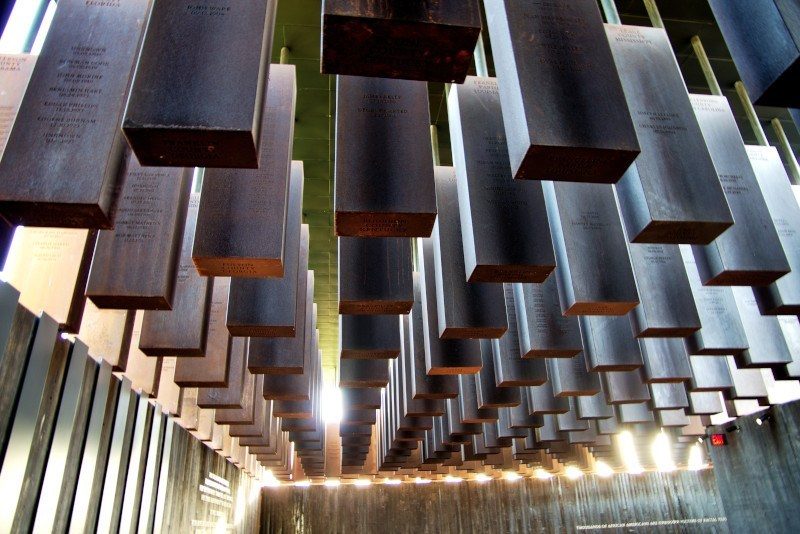How do we cross the divides? Whether cultural, social, or political, where do we find common ground? How do we recognize our common humanity?
Divisions reveal the breakdown of our humanity. Our divisions surface from the hollowing out of our humanity. A humanity meant to manifest love loses its humanity when it ceases to love.
For the dividing walls to come down, we must recognize our inhumanity in light of our humanity. And there must be a renewal of our humanity and a renewal of love.
Until we acknowledge that we are to “love our neighbors as ourselves,” we will rationalize our behavior. We will legitimize our divisions. We will treat our inhumanity toward others as necessary and love as impossible.
Change comes when we seek quiet moments of interior reflection in which we allow ourselves to recognize the loss of our humanity in our stinginess, belligerence, unfairness, dishonesty, prejudices and unloving actions. We acknowledge our inhumanity in our refusal to love our neighbor, especially our neighbor who does not think or operate like us or who we have viewed as an enemy.
In the silence of introspection, we may hear the still small voice calling us to love our neighbor. Rather than throw back at another what they have thrown at us, we take a step toward love by forgiving them. And then we look for what else love can do. We may even see that Jesus is right when he tells us to love our enemies. We were meant for love, and it is possible to love another who does not love us. It is possible to look beyond another’s brokenness and see their need.
The divisions in our society are only addressed by a love that sees beyond the inhumanity of the other to their humanity. The image of God stamped on our humanity may be effaced, but it is not destroyed. So we find a way to speak and act in recognition of the humanity of others, whether we experience their actions as humane or not.
There is no recovery from our divisions if we remain focused on another’s inhumanity, on their cruelty, hate, distorted values, fears and prejudices, and treat them as unredeemable. By words and actions we must call one another back to humanity: Speak against inhumanity and for humanity. Act against hate and for love.
At times that may mean speaking hard words of love that call out the inhumanity of one toward another, so that the inhumanity of one can be seen for what it is and the one who is being harmed be recognized in their injury. (Love is not the same thing as being nice.)
This is what I recognize Jesus doing when he called out religious leaders who “tied up heavy burdens, hard to bear, and laid them on the shoulders of others, but were unwilling to lift a finger to move them.” He called them back to their humanity when he addressed what they had become: “You are like whitewashed tombs….On the outside you look righteous to others, but inside you are full of hypocrisy and lawlessness.” Love speaks hard words when necessary.
God, the source of love and our true humanity calls us back to our humanity as children of God. Only as children of God empowered to love do our divisions lose their power and break down.
